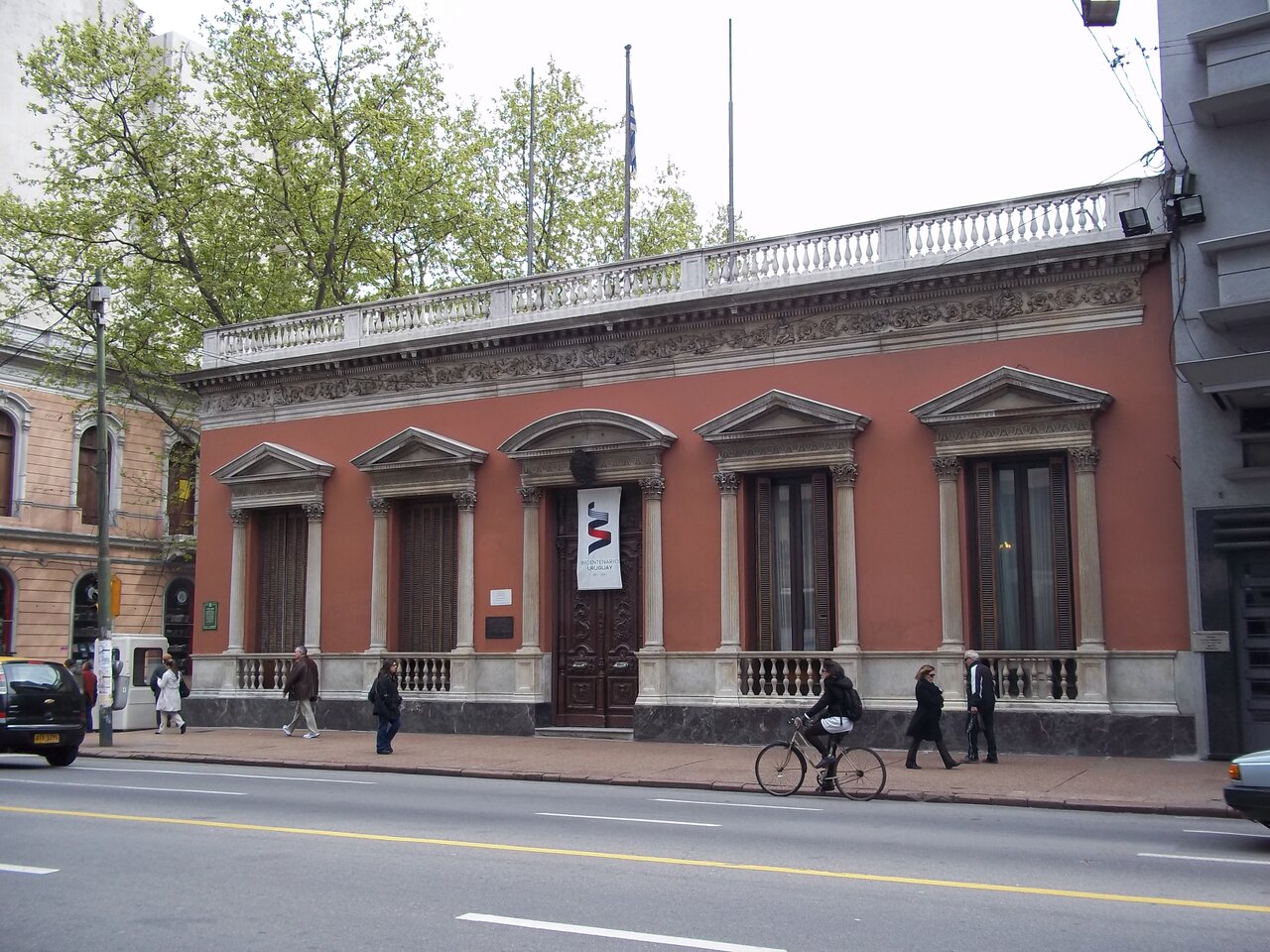
Similar Posts
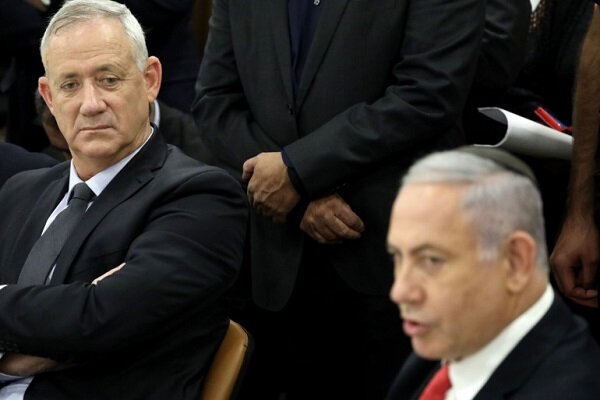
Gantz Reveals Government Aware of Captives Living in ‘Substandard Conditions’
Benny Gantz, former Israeli war cabinet minister, has revealed the tragic conditions faced by captives in Gaza, emphasizing the urgent humanitarian crisis. Post-government, Gantz highlighted that captives are held in tunnels without food or hygiene, suffering physical and mental abuse. He reported that over 30 captives have died, raising serious concerns about their treatment. Gantz stressed that prioritizing the return of the kidnapped should surpass other military goals. His statements underscore the human cost of conflict, calling for adherence to international humanitarian laws and a reassessment of hostage treatment, urging the international community to advocate for the humane treatment of all individuals.
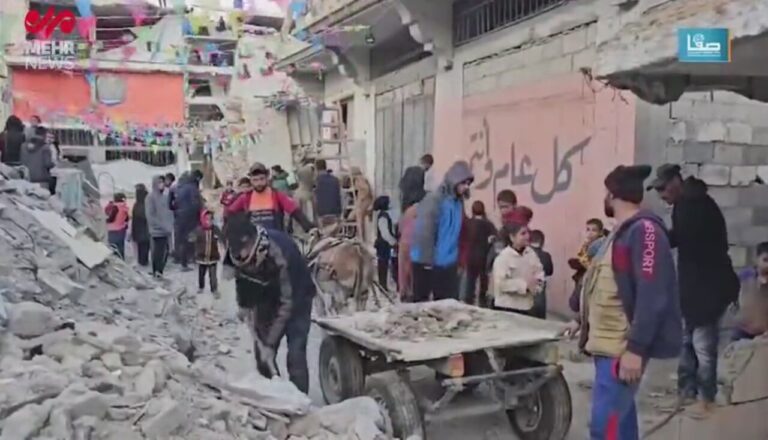
Tragic Surge: Israeli Military Strikes Gaza, Claiming 130 Lives in Just 48 Hours
The conflict in Gaza has intensified, with the Israeli army launching renewed attacks that have resulted in 634 deaths and 1,172 injuries, according to the Gaza Health Ministry. This escalation highlights a severe humanitarian crisis, exacerbating existing challenges such as resource shortages and overwhelmed healthcare facilities. Global leaders are calling for immediate ceasefires and peace negotiations, while local and international organizations struggle to deliver aid due to military operations and a blockade. The situation demands urgent action from the international community to address humanitarian needs and promote diplomatic efforts for a peaceful resolution.
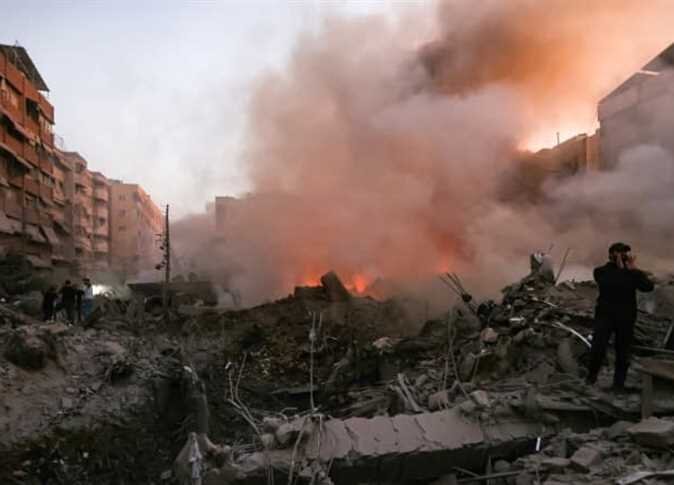
Unveiling the Bunker Buster: The Game-Changer Behind Hassan Nasrallah’s Demise
New footage has surfaced reportedly showing US-made Israeli bunker buster bombs targeting and killing Hezbollah leader Sayyed Hassan Nasrallah in Beirut, reigniting geopolitical tensions in the region. Nasrallah’s assassination could escalate military confrontations between Hezbollah and Israel, create a power vacuum within the group, and raise serious concerns about civilian safety due to military tactics in populated areas. The international community’s responses may vary, impacting Lebanon’s political landscape and regional stability. This incident highlights the complexities of Middle Eastern conflicts and the ethical implications of such military operations, underscoring the need for peaceful resolutions and protection of civilian lives.
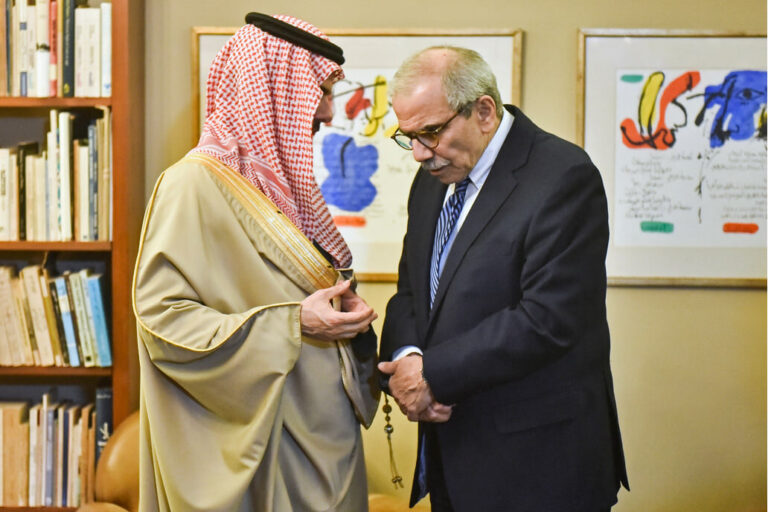
Saudi Delegation in Beirut: Intensifying External Pressure on Hezbollah
Saudi Foreign Minister Prince Faisal bin Farhan’s recent visit to Beirut is part of a diplomatic effort, alongside the U.S., to address Hezbollah’s influence in Lebanon. The visit focused on the Lebanese Army’s operations near the Litani River and emphasized the importance of dialogue with Hezbollah, aiming to avoid strengthening the group. In contrast, local factions like the Lebanese Forces advocate for Hezbollah’s forced disarmament. President Aoun reiterated that arms would be restricted to the state, emphasizing dialogue for implementation. Meanwhile, Prime Minister Nawaf Salam engaged in discussions in Syria to enhance border security amid ongoing humanitarian challenges from Syrian refugee influxes.
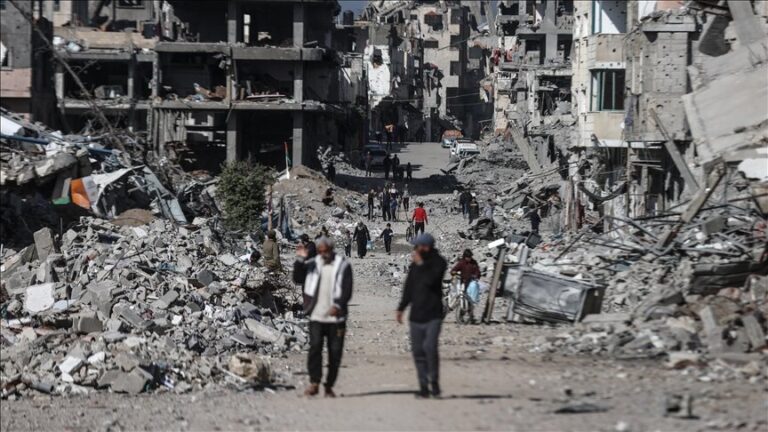
Arab-Supported Egyptian Initiative Aims to Rebuild Gaza Without Displacement
Jordan’s Foreign Minister Ayman Safadi met with French counterpart Jean-Noel Barrot in Paris, expressing strong opposition to a U.S. proposal to relocate Palestinians from Gaza to neighboring countries. This plan, criticized by Palestinians and Arab leaders, aims for U.S. control over Gaza and has met widespread rejection. Safadi and Barrot emphasized the importance of maintaining the ceasefire in Gaza and enhancing humanitarian efforts. Egypt is also working on a reconstruction plan for Gaza that prioritizes keeping Palestinians in their homeland. These discussions reflect a broader Arab sentiment against U.S. plans, amid ongoing geopolitical tensions and humanitarian concerns.
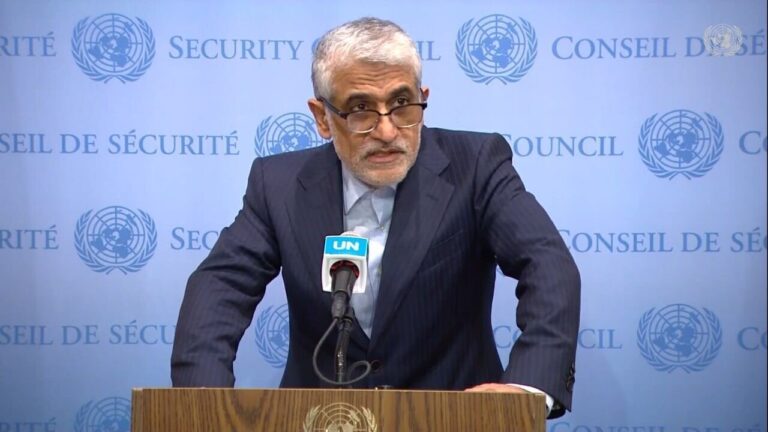
Unmasking Islamophobia: A Justification for Israeli Occupation Revealed
At the UN high-level meeting on March 14, 2025, marking the International Day against Islamophobia, Iran’s Ambassador Amir Saeid Iravani condemned the rise of Islamophobia, linking it to the justification of violence against Palestinians by “the Zionist regime.” He emphasized the urgent need for action against Islamophobia, urging the international community to combat hatred and protect religious symbols. Iravani highlighted the daily aggressions faced by Palestinians under occupation, calling for Western nations to criminalize anti-Muslim violence. He expressed Iran’s support for initiatives against Islamophobia, advocating for collaboration to promote understanding and inclusivity among diverse cultures and religions.